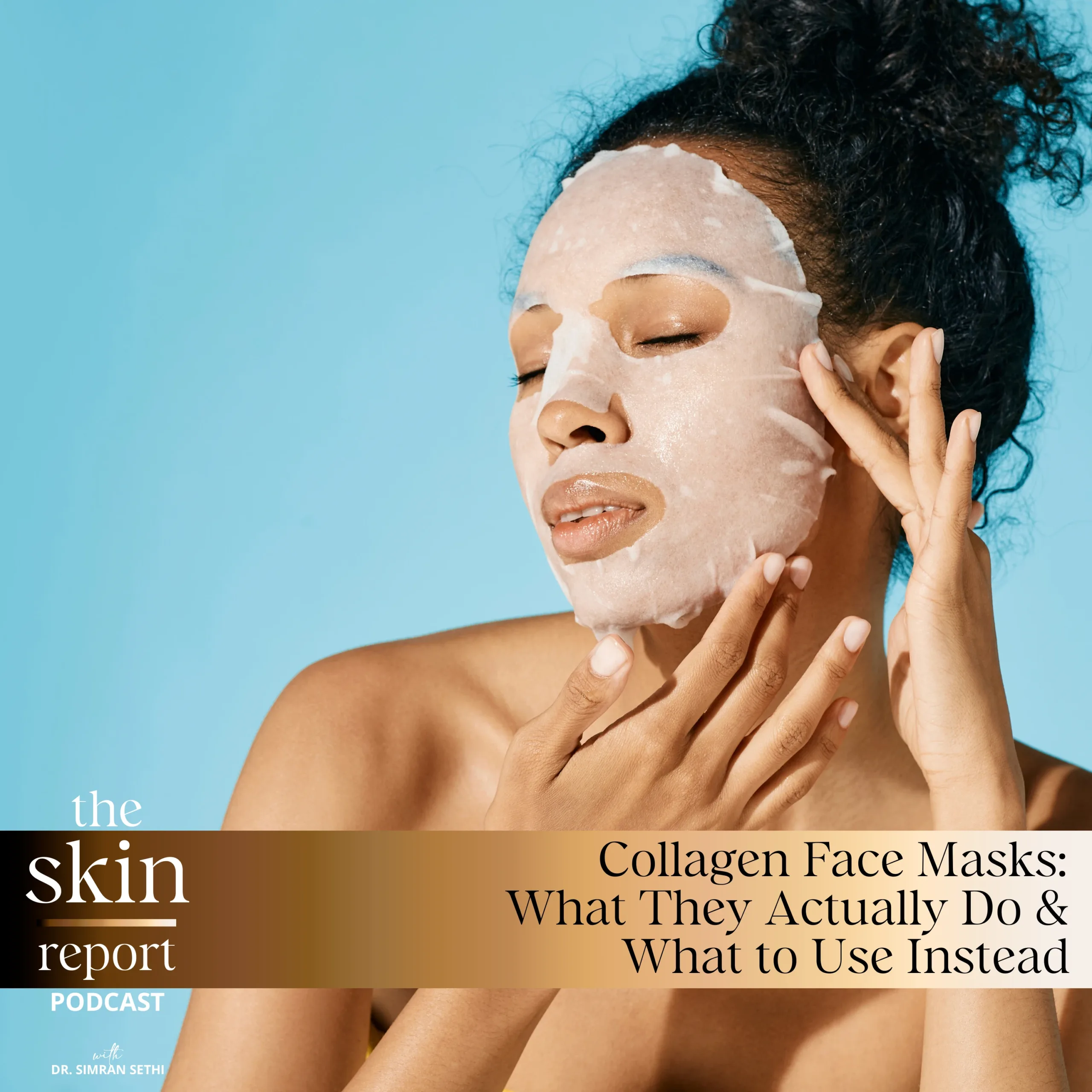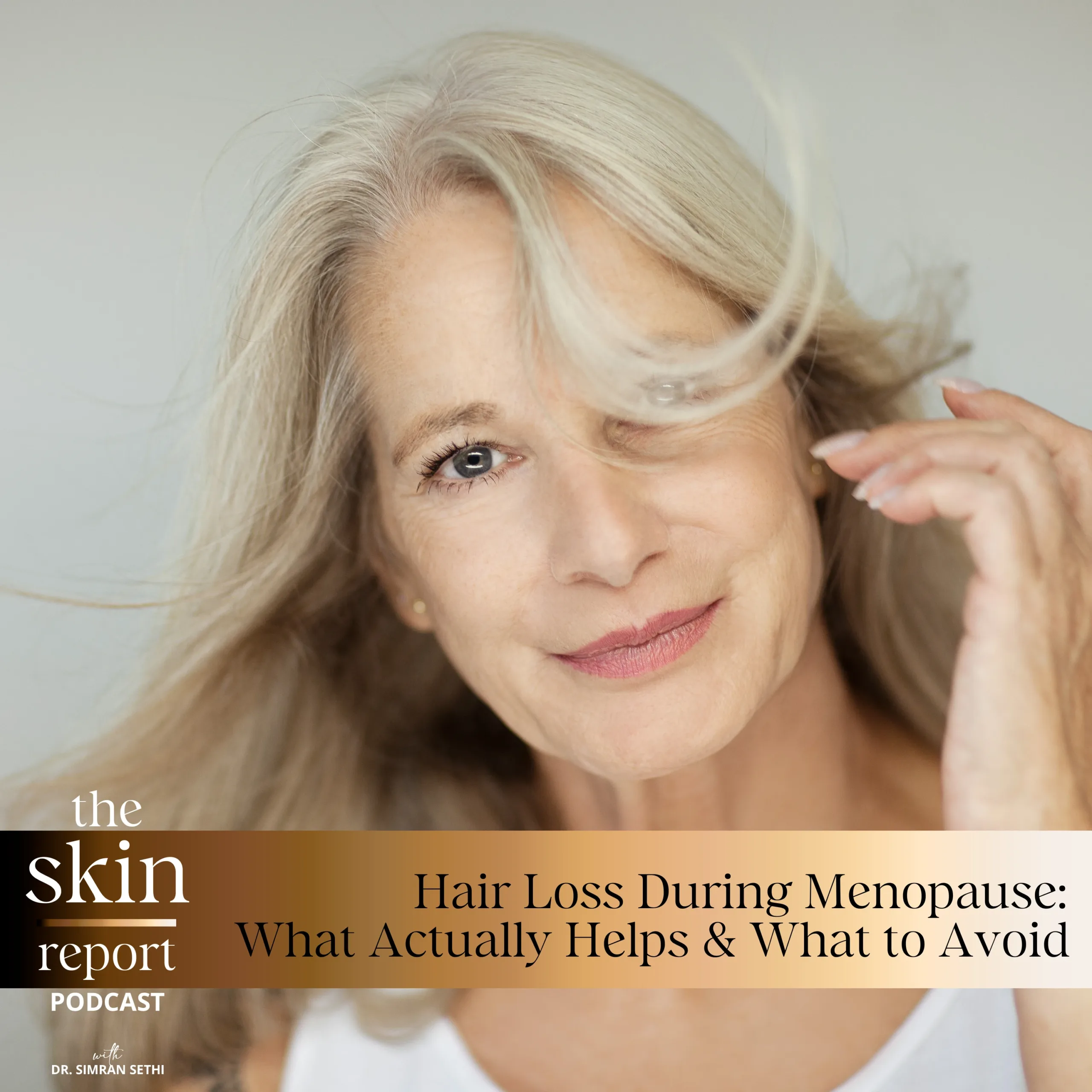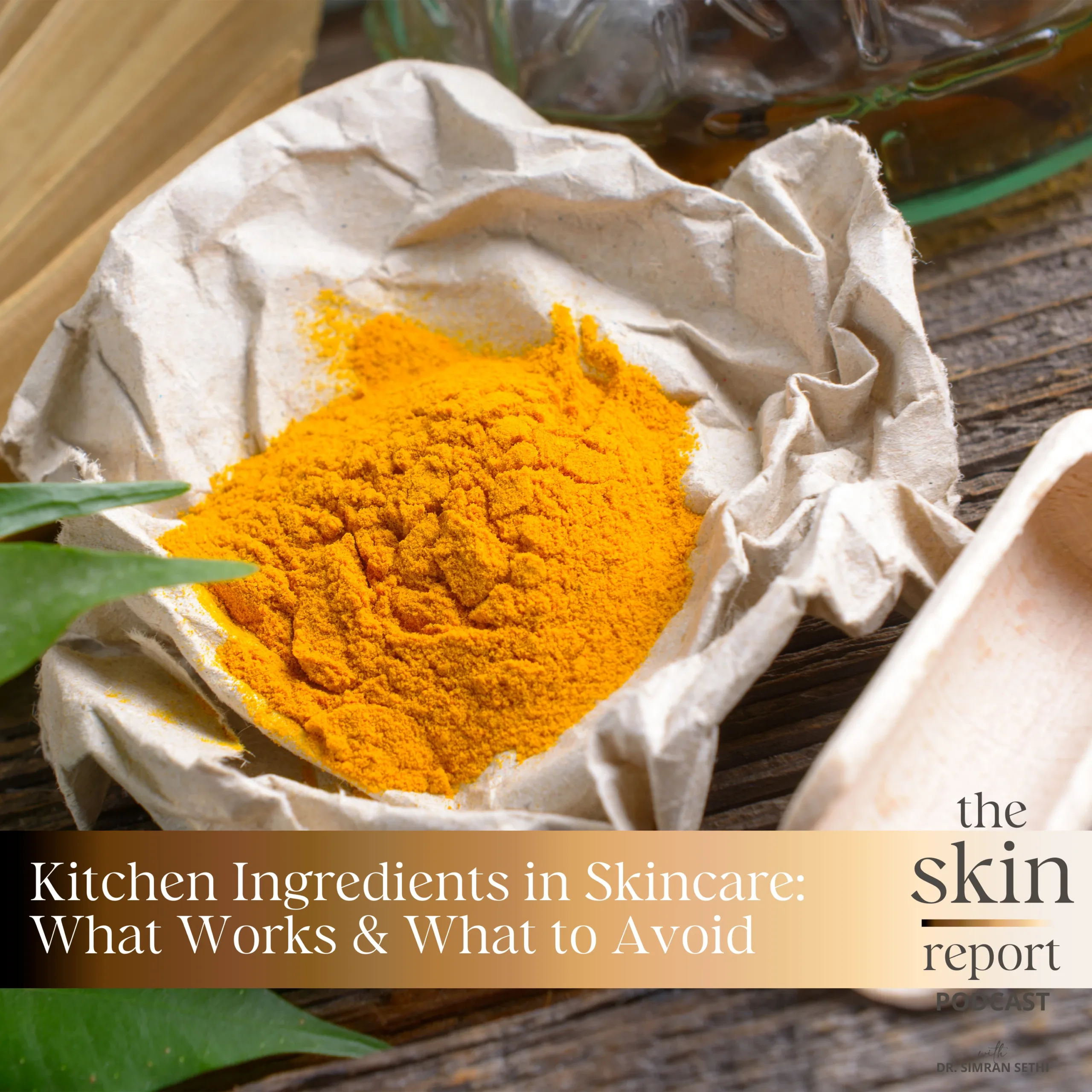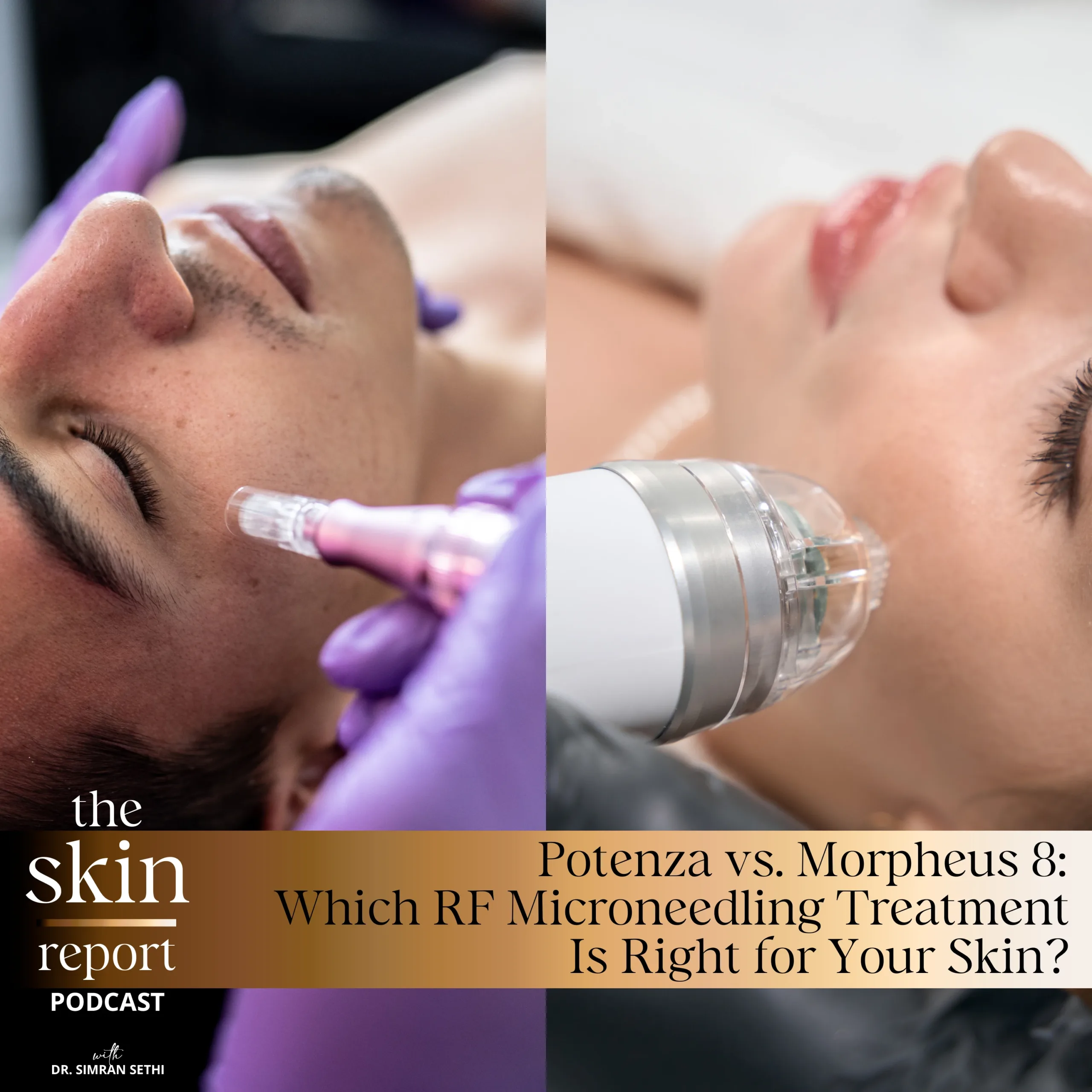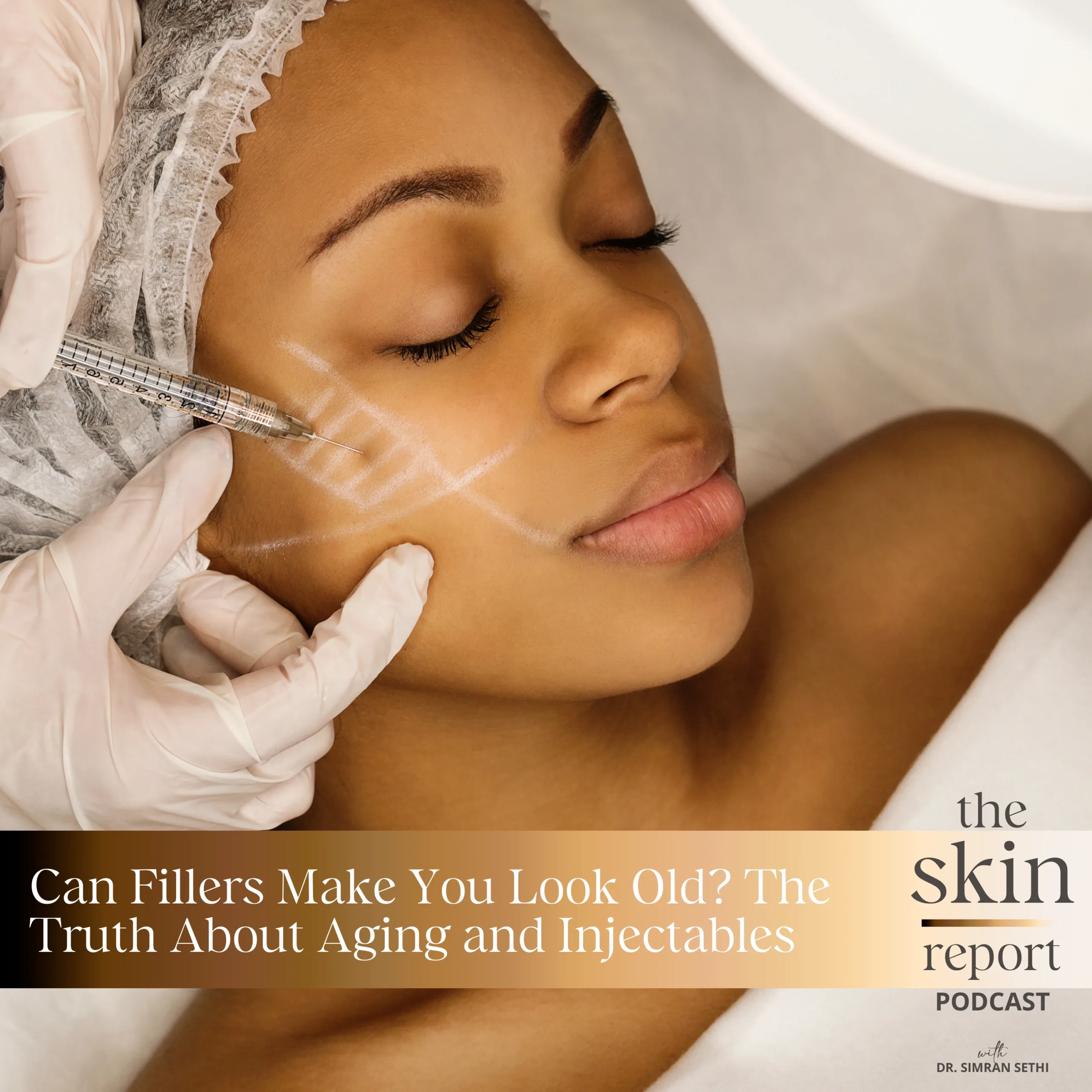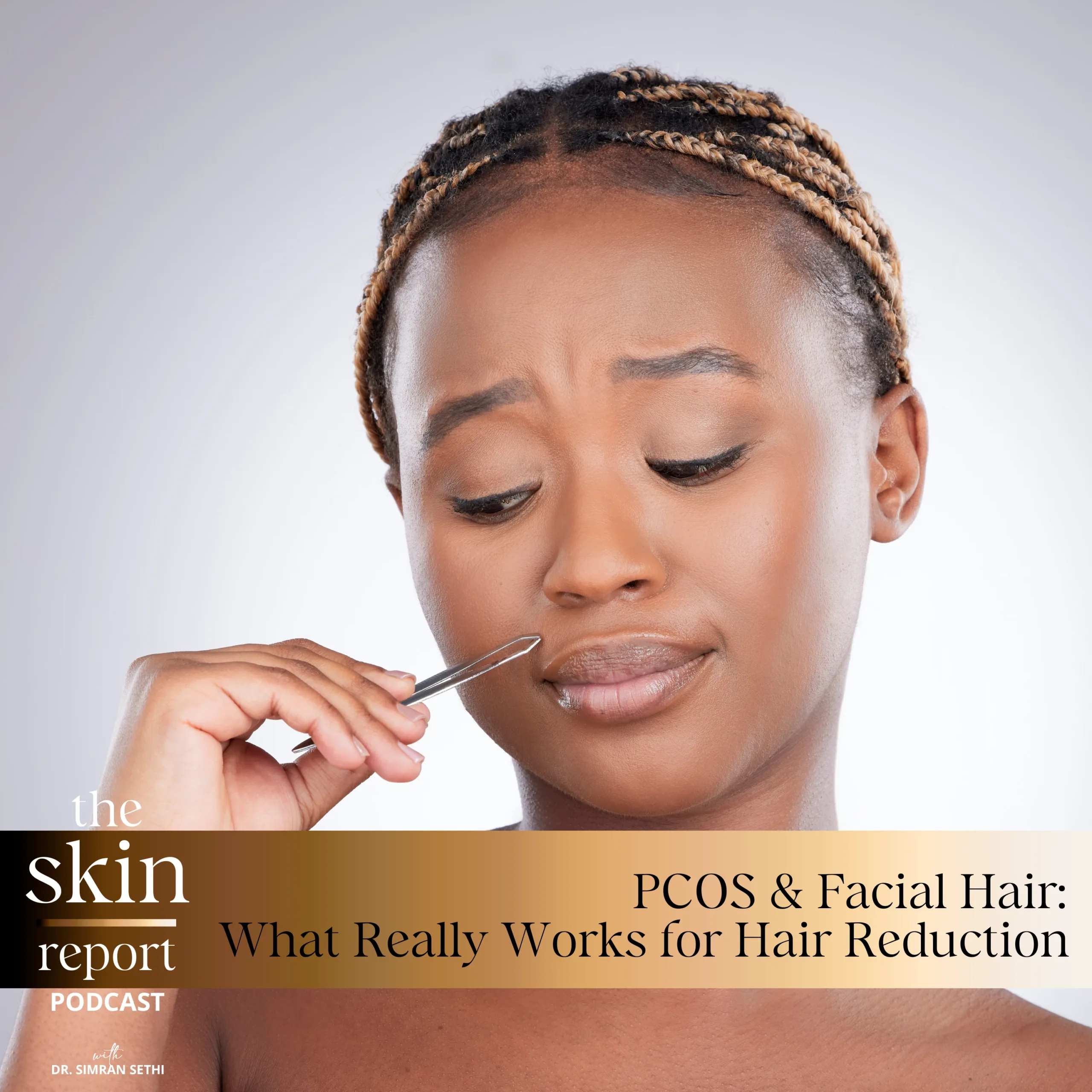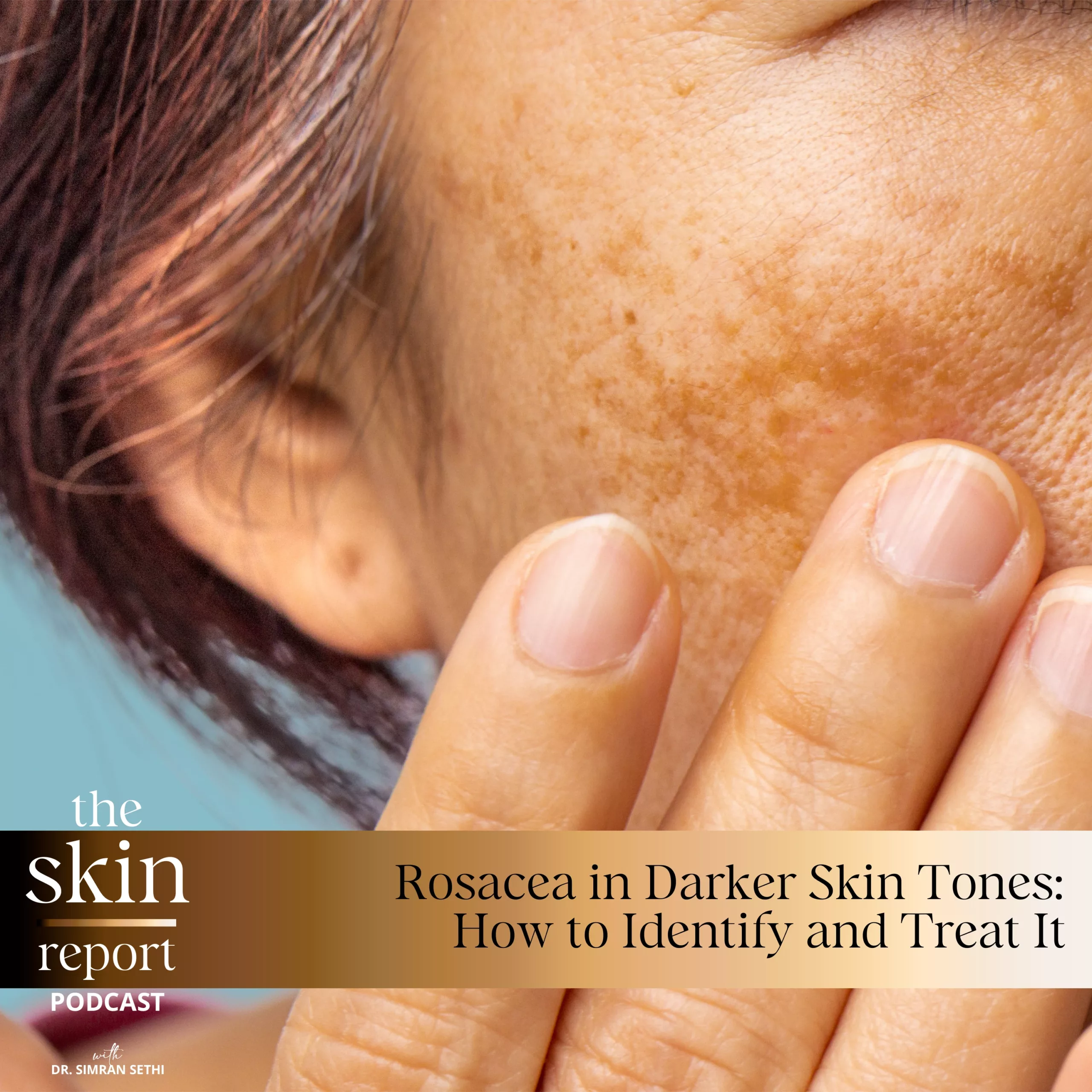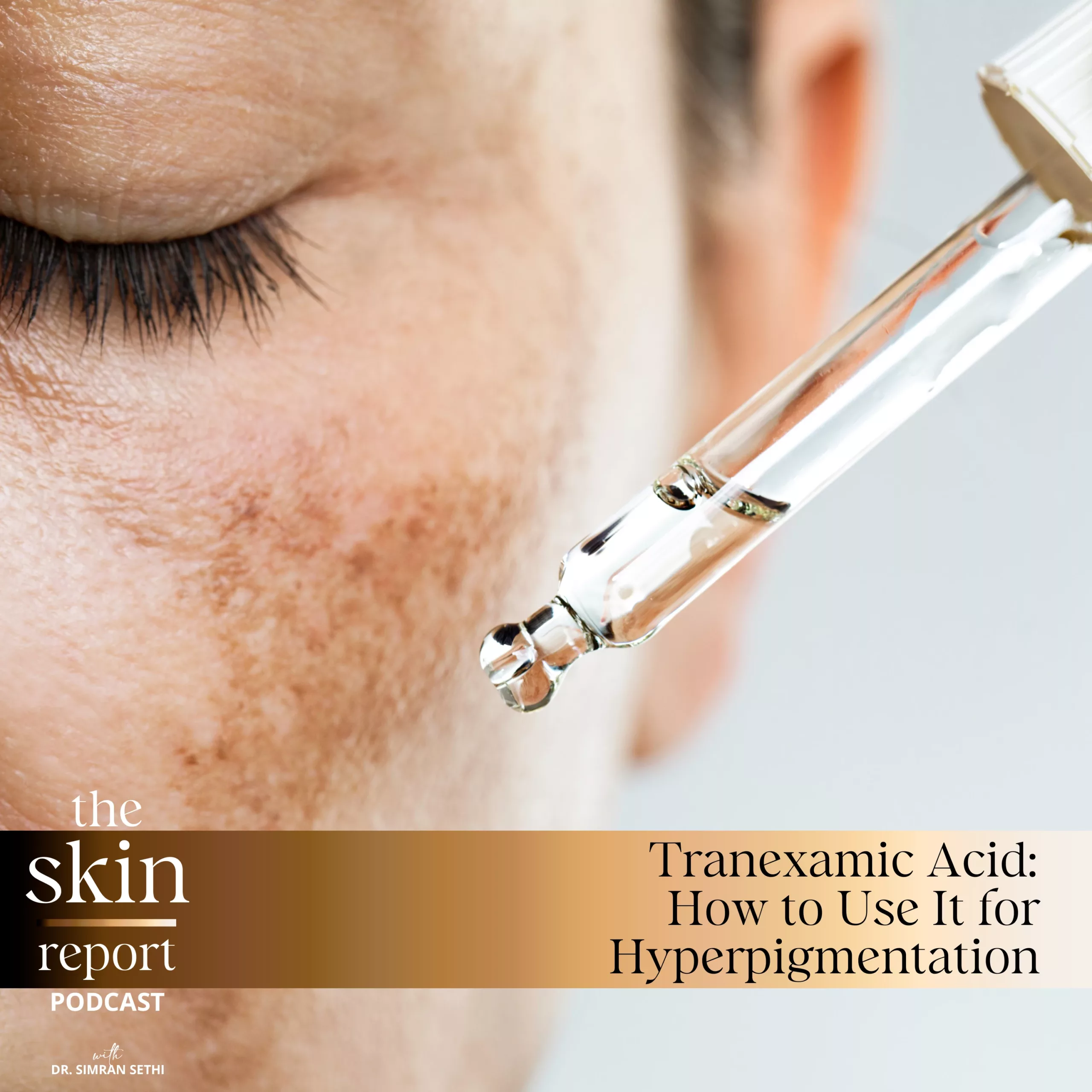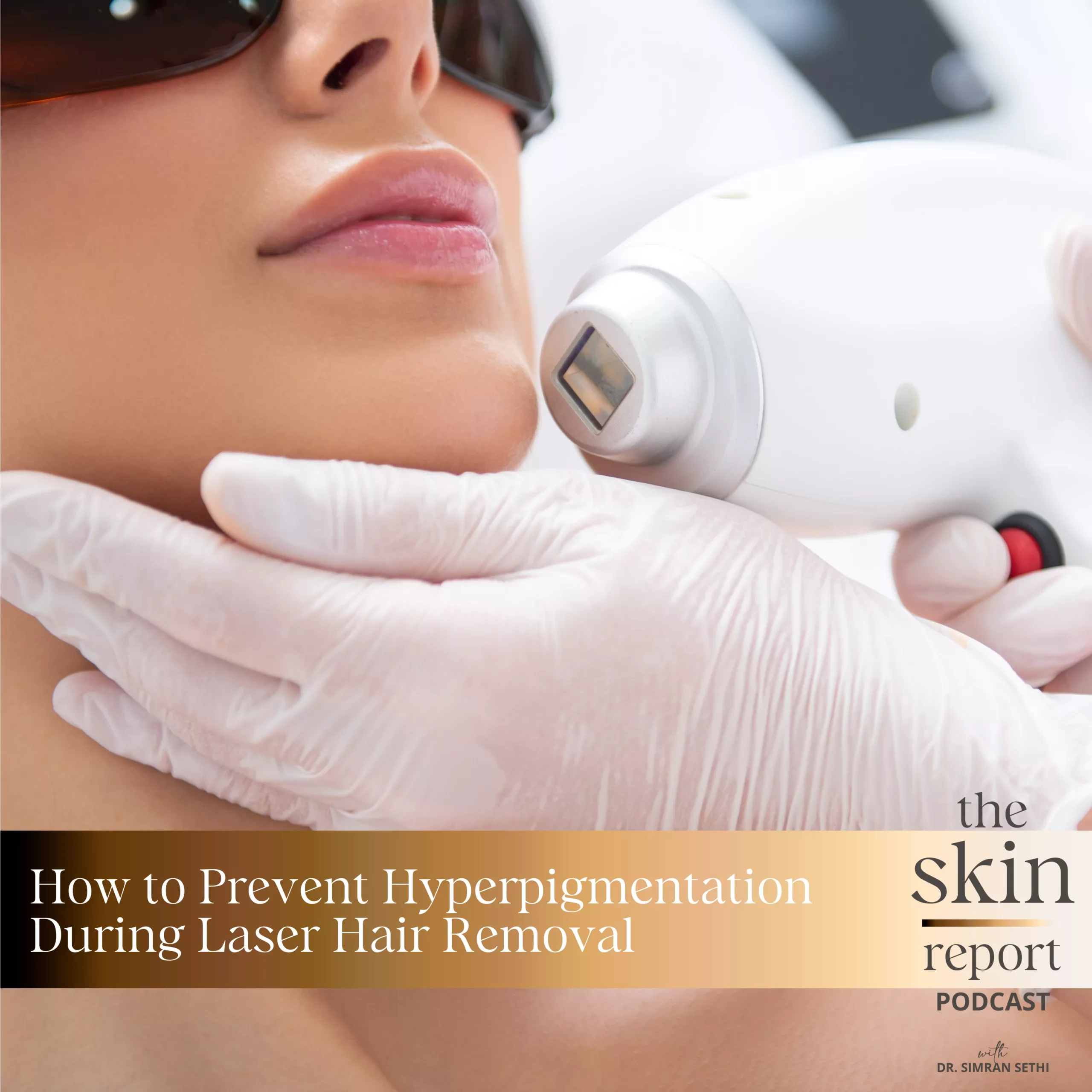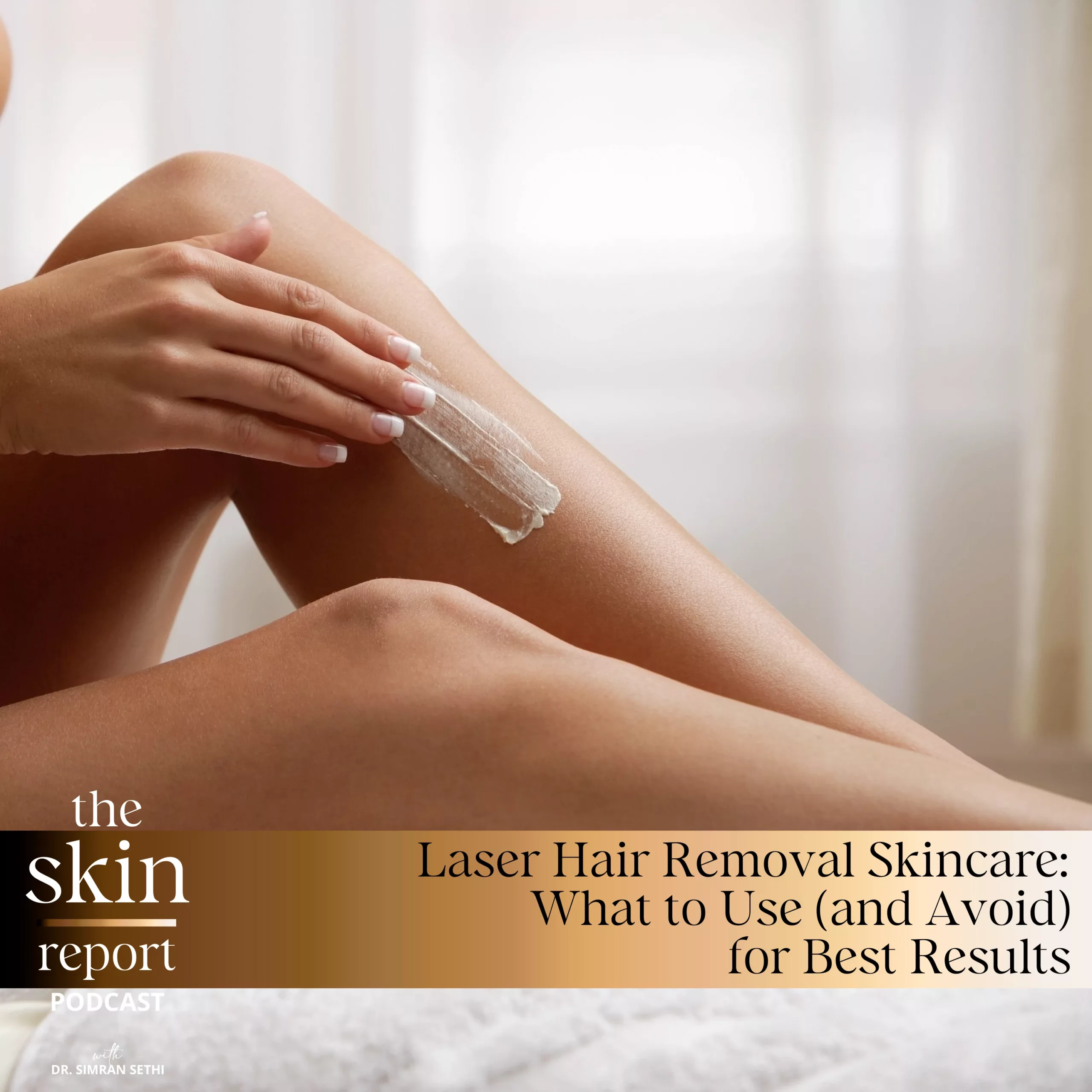Collagen infused serums, creams, sheet masks are all the rage in the skincare market, but are they really effective or just a marketing trick? Hello everyone. Welcome to The Skin Report. Today we are going to talk about collagen and skincare, serums, moisturizers, sheet masks. Does it actually work or is it just a marketing gimmick? We’re going to cover why people use collagen in their skincare products, what is it meant to do, and what are some effective ways of incorporating it? There are a lot of products that have collagen within them that promise skin tightening. They promise hydration, erasing fine lines and wrinkles.
But the bigger question is, do they actually do that? The answer to this is no. Collagen is an important protein in our skin. It gives our skin integrity, and actually collagen is not just one type of skin protein. There are a number of types of collagen in our body, and the reason why it’s such an important part of any kind of skincare routine or treatment is because we want to have as much collagen in our skin as possible because that’s how our skin will keep itself healthy, will be less likely to break, have fine lines, and start sagging.
But if you apply a cream or a serum or a sheet mass that has collagen in it, it doesn’t do any of those things. It’s basically like taking a protein and putting it on your skin to sort of fill in the lack of collagen that you may have. It can do that, and that’s why your skin may temporarily look more hydrated, maybe look smoother, but it doesn’t make your skin make more collagen. Our body is very, very smart. Our body senses when we are low or deficient in something and then it makes it. As we age, we innately lose our ability to make collagen effectively. So instead of giving your skin more collagen, which doesn’t signal anything, give your skin collagen stimulators. This can be done with a number of skincare products.
My favorite one is retinol. Retinol increases skin cell turnover, and if you’ve used it for three to six months, it actually increases the rate at which you produce collagen. The next one is antioxidants, like vitamin C, vitamin E, and even peptides, and most of them are marine peptides are excellent at stimulating collagen. Again, they make your body make more collagen, which means you get to have it all the time, not only when you are applying that serum or that moisturizer. And most importantly, it is going to be stronger because it is a part of your skin.
So when you’re looking at a cream and thinking about whether you should incorporate into your skincare routine because it has collagen in it, I would like you to first think about what do you want your skin to do? If you want it to make more collagen, that’s not the cream for you, but if you want to apply to make your skin look smoother, you can certainly do that. But remember, you also need a collagen stimulator in a different skincare product. If there’s a collagen product, like a skincare product or a supplement that you have had great results with, please leave it in the comments below. Otherwise, if you haven’t already, please subscribe Turn on your notifications so that whenever we have a new episode released.


